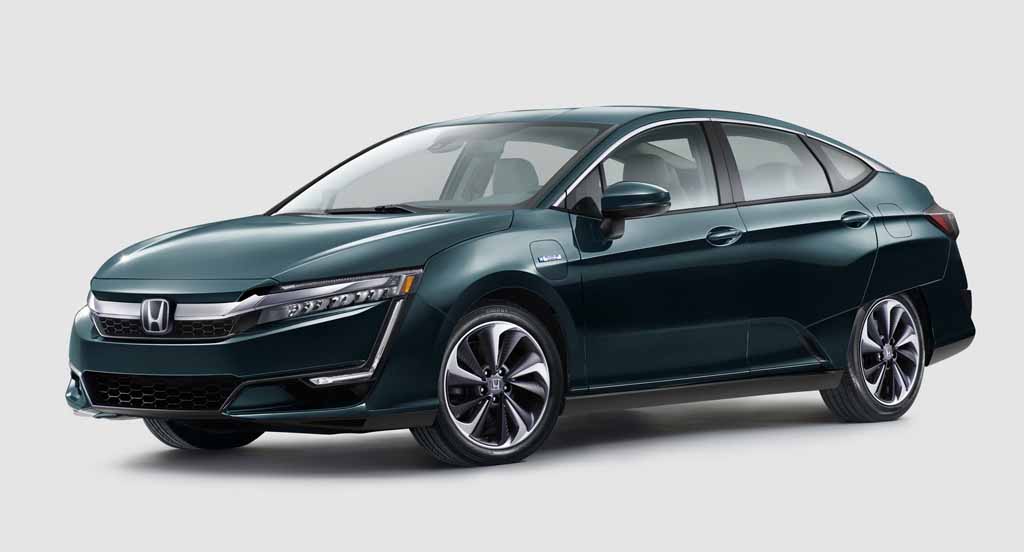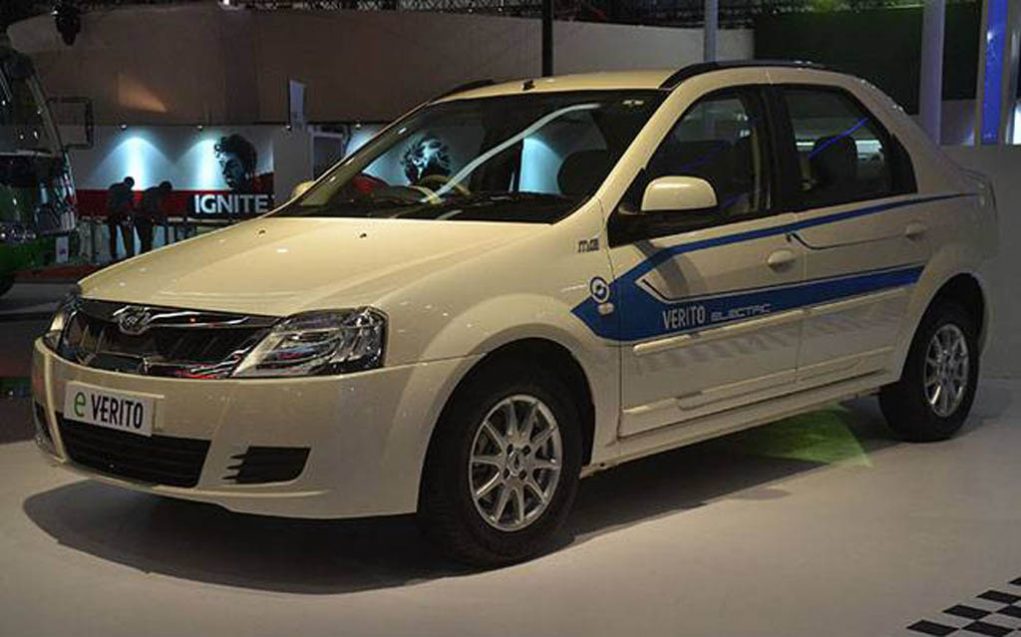
NITI Aayog is emphasising on usage of methanol in India instead of pure electric cars to achieve greener mobility
NITI Aayog is pitching the usage of methanol as an alternative fuel option in India to achieve greener mobility. The policy making body is emphasising on methanol instead of zero emission pure electric vehicles that Indian government is thriving to introduce across the country by 2030. NITI Aayog says that electric vehicles are neither cost-effective nor sustainable in long run.
Speaking about methanol, it is a colourless liquid fuel that produces less pollutant compared to the other conventional fossil fuels like petrol and diesel. Producing synthetic methanol is possible with low levels of methanol. The agency also says that India has huge bio-resources to produce methanol here that will lead a cheaper price for this compared to lithium-ion batteries.
Also read: Upcoming Electric Cars in India in Coming Years
NITI Aayog also suggests that India doesn’t have desired expertise to produce lithium-ion batteries here in large quantity. Hence, the country depends on China to import the battery packs and this leads to a high price for electric vehicles in the country. Not only that, lack of infrastructure is another hindrance in the path of growth for EVs here.
While electric vehicles can certainly play a major role in reducing air pollution level in coming future, there should be other greener mobility options as well. Depending upon electric mobility only will increase demand for electricity significantly. Considering the fact that several small towns and villages across India still suffer from lack of constant electricity, relying on EVs only couldn’t be a practical solution. As we reported earlier, several auto manufacturers across the world want to emphasise on various greener mobility solutions instead of working on EVs only.
Also read: 10+ Upcoming Cars Priced From Rs. 7 to 10 Lakh in India
Just a few days ago, Toyota dubbed Indian government’s Mission EV 2030 as an impractical plan as it will basically impose the strategy on customers, instead of giving them options to choose. Toyota argued that government should allow the customers choose from range of green mobility solutions and automakers should get leeway to produce the type of vehicles the customers want.
While Indian government is keen to introduce zero emission pure electric mobility across the country by the end of next decade, it is to be seen if it changes plan after NITI Aayog’s recent suggestion. Interestingly, it was NITI Aayog that pushed the launch of hybrid vehicles in the country to promote greener mobility solutions.


